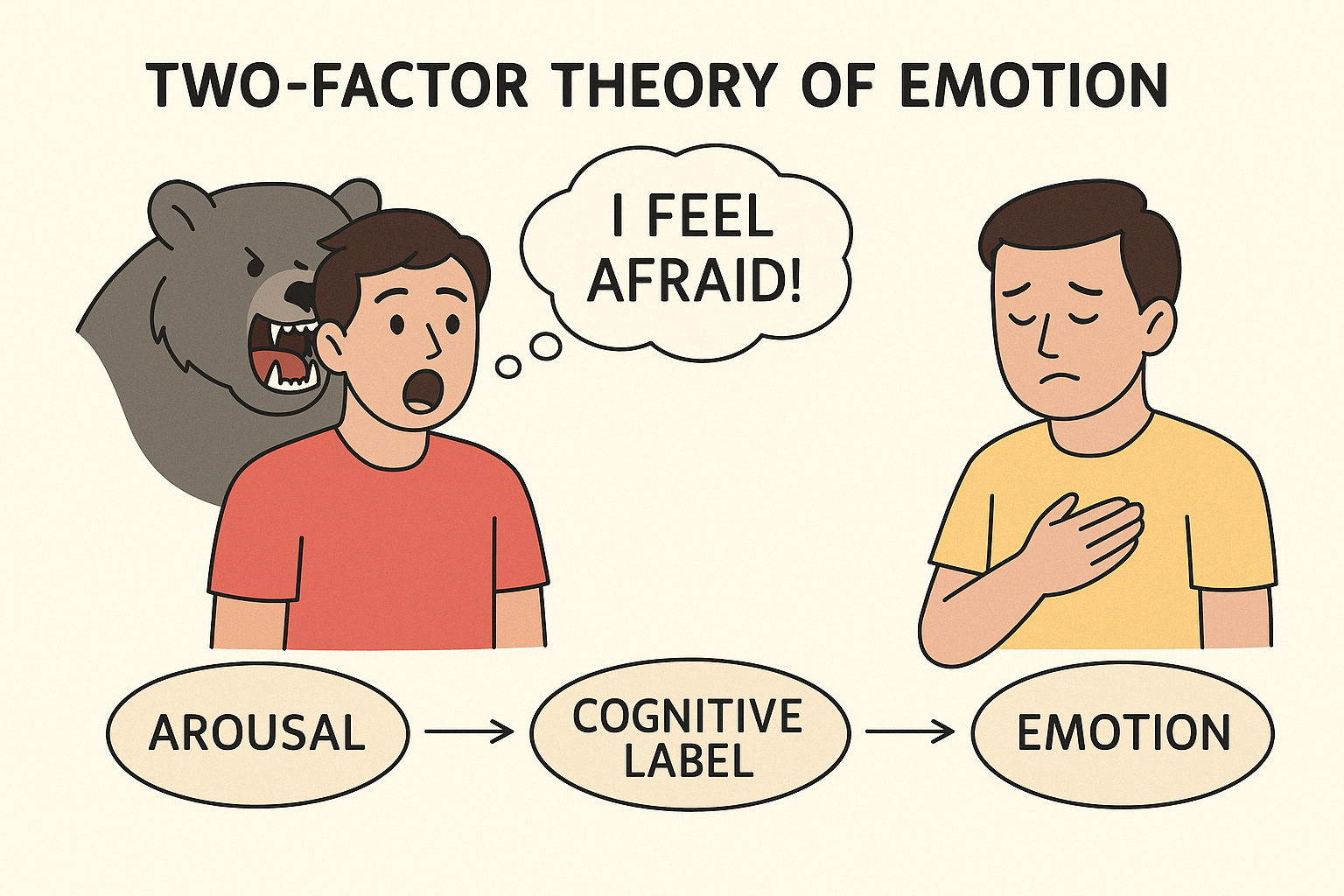Normative Social Influence: The Power of Wanting to Fit In
March 24, 2025 | by Venkat Balaji

Humans are social creatures, and our desire to belong often shapes our decisions in ways we may not even realize. Normative social influence is the psychological tendency to conform to group norms in order to be liked, accepted, or avoid rejection. Whether it’s following a fashion trend, laughing at a joke we don’t find funny, or pretending to like a popular movie, this influence is at work constantly in our daily lives.
One of the most famous studies on normative social influence was conducted by Solomon Asch in the 1950s. It’s commonly called the Asch Line Study and it’s really peculiar. In his experiment, participants were asked to compare line lengths in a group setting where other members (who were secretly part of the study) deliberately gave the wrong answer. Many participants conformed to the incorrect group answer, even though they knew it was wrong, simply to avoid standing out. This study highlights how strong the need for social acceptance can be, sometimes even overpowering our own logical reasoning.
Normative social influence isn’t always negative—it helps maintain social harmony and can encourage positive behaviors like following social etiquette or wearing masks during a pandemic. However, it can also lead to problems, such as peer pressure, groupthink, or blindly following harmful norms. Recognizing when we are conforming for the sake of fitting in rather than making independent choices can help us develop greater self-awareness and resist pressure when necessary.
Tomorrow, we’ll look at another type of social influence. Until then, bye.
RELATED POSTS
View all


